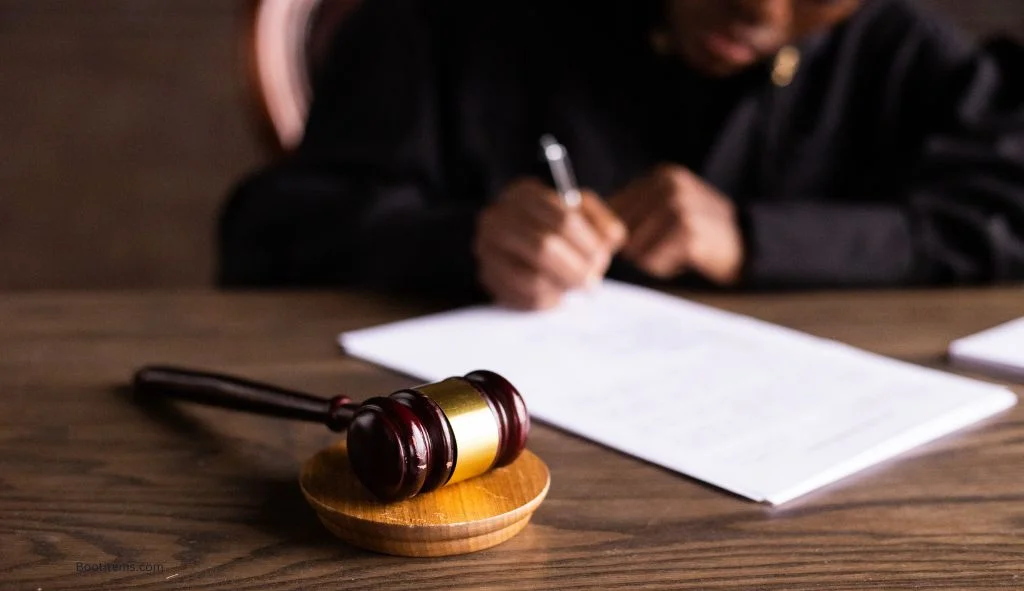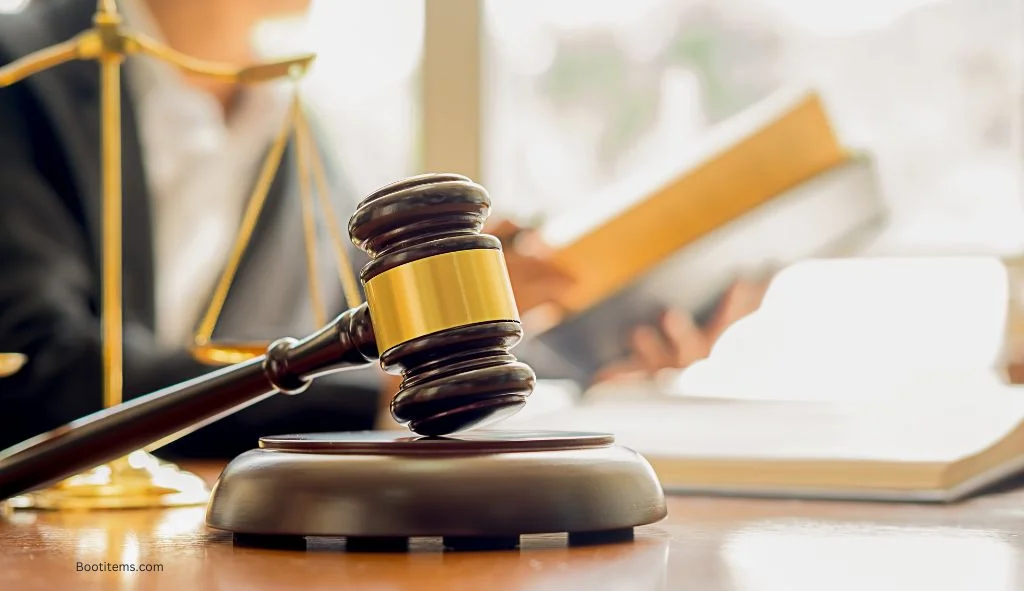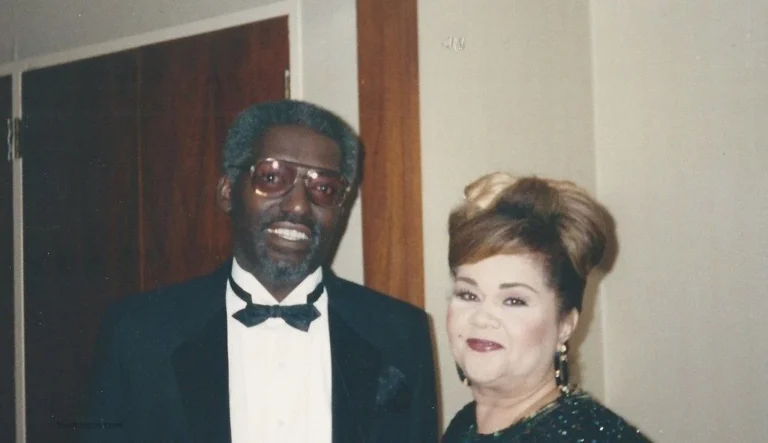Top 20 Signs Your Case Will Be Dismissed
Criminal cases can be dismissed for various reasons including insufficient evidence, procedural errors, or constitutional violations. Understanding these signs helps defendants prepare better legal strategies with their attorneys.
What Does It Mean When a Case Is Dismissed?
When a criminal case is dismissed, it means that the charges against you have been dropped and the prosecution has decided not to proceed with the case. This can happen at various stages of the criminal justice process, from pre-trial to during the trial itself. A dismissal is different from an acquittal, which occurs when you are found not guilty after a trial.
A dismissal can be with or without prejudice. When a case is dismissed with prejudice, it means the prosecution cannot refile the same charges against you, providing complete finality to your case. However, if your case is dismissed without prejudice, the prosecution may have the option to refile charges at a later date, depending on the circumstances.
Understanding the signs that your case might be dismissed can help you and your defense attorney develop the best strategy for your situation. While no attorney can guarantee a dismissal, certain factors make it more likely.
Insufficient Evidence
One of the most common reasons for case dismissal is insufficient evidence. The prosecution must prove your guilt beyond a reasonable doubt, and if they cannot meet this high standard, your case may be dismissed.
Lack of Physical Evidence
Physical evidence plays a crucial role in criminal cases. Without tangible items linking you to the alleged crime, the prosecution’s case is significantly weakened. This includes:
- Missing DNA evidence that would connect you to the crime scene
- Lack of fingerprints or other identifiable markers
- Absence of weapons, drugs, or other relevant physical items
- Missing surveillance footage or photographic evidence
When physical evidence is lacking, your defense attorney can argue that the prosecution cannot prove your involvement in the alleged crime beyond a reasonable doubt.
Unreliable Witness Testimony
Witness testimony often forms the backbone of a criminal case. However, if witnesses are deemed unreliable, their testimony may not hold up in court. Factors that can make witness testimony unreliable include:
- Witnesses with criminal histories that demonstrate a pattern of dishonesty
- Contradictory statements from the same witness
- Witnesses who have clear motivation to testify against you
- Witnesses who were not in a position to clearly observe the events in question
Your defense attorney can challenge the credibility of witnesses during pre-trial motions or cross-examination, potentially leading to a dismissal if the prosecution’s case relies heavily on such testimony.
Uncooperative Witnesses or Victims
Sometimes, key witnesses or victims may become uncooperative with the prosecution. This can happen for various reasons:
- The witness or victim recants their statement
- They refuse to testify in court
- They become unavailable (moved away, cannot be located)
- They no longer wish to pursue charges
For instance, in domestic violence cases, victims sometimes decide they don’t want to press charges after the initial report. Without the victim’s testimony, prosecutors may not have enough evidence to proceed with the case.
Procedural Errors and Legal Violations
The criminal justice system has strict procedures that must be followed. Violations of these procedures can lead to case dismissal.
Illegal Search and Seizure
The Fourth Amendment protects against unreasonable searches and seizures. If evidence was obtained through an illegal search, your attorney can file a motion to suppress this evidence. Common Fourth Amendment violations include:
- Searches conducted without a valid warrant
- Searches that exceed the scope of the warrant
- Warrantless searches without a valid exception (such as consent or exigent circumstances)
- Traffic stops without reasonable suspicion
If crucial evidence is suppressed due to Fourth Amendment violations, the prosecution may no longer have enough evidence to proceed with the case.
Miranda Rights Violations
When you’re arrested, law enforcement must inform you of your Miranda rights, including your right to remain silent and your right to an attorney. If police fail to properly advise you of these rights before a custodial interrogation, statements you made may be inadmissible in court.
Your defense attorney can file a motion to suppress any statements obtained in violation of your Miranda rights. If these statements are central to the prosecution’s case, their exclusion could lead to dismissal.
Chain of Custody Issues
Evidence must be properly handled, documented, and stored from the moment it’s collected until it’s presented in court. This is known as the chain of custody. If there are gaps or irregularities in this chain, the evidence may be deemed unreliable or inadmissible.
For example, if a blood sample in a DUI case was improperly stored or if documentation doesn’t clearly show who had access to evidence at all times, your attorney can challenge the admissibility of this evidence.
Improper Charging Documents
Criminal complaints and indictments must correctly state the charges against you and include all necessary elements of the alleged crime. If there are errors or omissions in these documents, your attorney may be able to get the case dismissed.
Technical errors might include:
- Incorrect dates or locations
- Failure to specify the elements of the crime
- Charging under the wrong statute
- Vague or ambiguous language that doesn’t clearly state the offense
Constitutional Rights Violations
Violations of your constitutional rights can lead to case dismissal, as the legal system is designed to protect these fundamental rights.
Speedy Trial Violations
The Sixth Amendment guarantees your right to a speedy trial. If there are unnecessary delays in bringing your case to trial, your attorney can file a motion to dismiss based on speedy trial violations.
Each jurisdiction has specific timeframes within which a case must proceed to trial. If the prosecution fails to meet these deadlines without good cause, the court may dismiss your case.
Double Jeopardy
The Fifth Amendment protects against double jeopardy, meaning you cannot be tried twice for the same offense after either an acquittal or conviction. If you’ve already been tried for the offense in question, your attorney can move to dismiss any subsequent charges for the same crime.
This protection applies to:
- Being tried again after an acquittal
- Being tried again after a conviction
- Being tried again after certain mistrials
Due Process Violations
The Fifth and Fourteenth Amendments guarantee due process of law. Due process violations can take many forms, including:
- Failure to disclose exculpatory evidence (evidence that might help your defense)
- Prosecutorial misconduct
- Judicial bias
- Denial of access to legal counsel
If your attorney can demonstrate that your due process rights were violated, it could lead to case dismissal.

Prosecutorial Issues
Sometimes issues with the prosecution itself can lead to case dismissal.
Prosecutorial Misconduct
Prosecutors must adhere to ethical standards and rules of professional conduct. Misconduct can include:
- Withholding exculpatory evidence (Brady violations)
- Making improper statements to the jury
- Introducing inadmissible evidence
- Misrepresenting facts or evidence
If your attorney can prove prosecutorial misconduct, the judge may dismiss your case, particularly if the misconduct is severe or prejudicial to your defense.
Prosecutorial Discretion
Prosecutors have broad discretion in deciding which cases to pursue. They may choose to dismiss charges for various reasons:
- Limited resources requiring prioritization of more serious cases
- New department policies regarding certain types of offenses
- Recognition that pursuing the case isn’t in the public interest
- Concerns about the strength of the evidence
If prosecutors are pushing hard for a plea deal and repeatedly reducing their offers, it might indicate they’re concerned about the strength of their case.
Failure to Meet Burden of Proof at Preliminary Hearings
In many jurisdictions, felony cases require a preliminary hearing or grand jury proceeding to determine if there’s probable cause to believe you committed the crime. If the prosecution fails to establish probable cause at this stage, your case may be dismissed.
Your attorney can challenge the evidence presented at these hearings and argue that it doesn’t meet the required standard for the case to proceed.
Technical and Procedural Grounds
Several technical and procedural issues can lead to case dismissal.
Statute of Limitations
Criminal charges must be filed within a specific time period after the alleged offense, known as the statute of limitations. If the prosecution files charges after this period has expired, your attorney can move to dismiss the case.
The statute of limitations varies depending on the type of crime:
- Minor misdemeanors might have a limitation period of just one year
- More serious felonies might have longer limitation periods
- Some very serious crimes, like murder, typically have no statute of limitations
Lack of Jurisdiction
Courts can only hear cases that fall within their jurisdiction. If your case was filed in a court that lacks proper jurisdiction, your attorney can move to have it dismissed.
Jurisdiction issues might include:
- Filing in the wrong county or district
- Filing in state court when the case should be in federal court (or vice versa)
- Filing in a court that doesn’t handle the type of case in question
Pre-Trial Diversion Completion
Many jurisdictions offer pre-trial diversion programs for certain offenses, particularly for first-time offenders. These programs typically involve:
- Community service
- Educational programs
- Counseling or treatment
- Restitution to victims
If you successfully complete a diversion program, the charges against you will typically be dismissed.
Evidence-Related Issues
Problems with evidence can lead to case dismissal.
Lost or Destroyed Evidence
If key evidence has been lost or destroyed, the prosecution may no longer be able to prove their case. This is particularly important if the lost evidence might have been exculpatory (helpful to your defense).
In some jurisdictions, if the police or prosecution negligently or intentionally destroyed potentially exculpatory evidence, the court may dismiss the case as a remedy for this misconduct.
Inadmissible Evidence
Not all evidence is admissible in court. Evidence may be deemed inadmissible if:
- It was obtained illegally
- It’s irrelevant to the case
- It’s unduly prejudicial
- It constitutes hearsay without an applicable exception
- It violates other rules of evidence
If the prosecution’s case relies heavily on inadmissible evidence, they may be unable to proceed once that evidence is excluded.
Failure to Establish Motive
While motive isn’t typically an element that must be proven in criminal cases, the inability to establish a plausible motive can weaken the prosecution’s case. If prosecutors struggle to articulate why you would have committed the alleged crime, it might indicate their case is weak.
This is particularly relevant in cases where the alleged actions would seem irrational without a clear motive.
Case-Specific Factors
Certain factors specific to your case might increase the likelihood of dismissal.
First-Time Offender Status
If you’re a first-time offender, especially for a minor offense, prosecutors might be more willing to consider dismissal or diversion programs. Many jurisdictions have specific programs designed for first-time offenders that lead to dismissal upon successful completion.
Minimal Public Interest
Prosecutors consider the public interest when deciding which cases to pursue. If your case is minor and prosecuting it would not significantly serve the public interest, it might be more likely to be dismissed.
Factors that might reduce public interest include:
- Minimal harm caused
- Restitution already made to victims
- Changes in community standards or attitudes about the offense
Civil Compromise
In some jurisdictions and for certain types of offenses (particularly property crimes), a case may be dismissed if you reach a civil compromise with the victim. This typically involves making restitution and the victim agreeing they don’t wish to pursue criminal charges.
What Happens After Dismissal?
Understanding what happens after your case is dismissed is important for moving forward.
Record Sealing or Expungement
Even after dismissal, the arrest and case filing may remain on your record. Depending on your jurisdiction, you may be eligible to have these records sealed or expunged.
The process typically involves:
- Filing a petition with the court
- Attending a hearing
- Demonstrating eligibility under state law
Sealing or expunging your record can prevent the dismissed case from affecting future employment, housing, or educational opportunities.
Possibility of Refiling
If your case was dismissed without prejudice, the prosecution may have the option to refile charges, typically within the statute of limitations. This is more likely if:
- The dismissal was based on a technical error that can be corrected
- New evidence becomes available
- Witnesses who were previously unavailable become available
If your case was dismissed with prejudice, the prosecution cannot refile the same charges against you.
How a Defense Attorney Can Help Secure Dismissal
A skilled defense attorney can significantly increase your chances of having your case dismissed.
Identifying Weaknesses in the Prosecution’s Case
An experienced defense attorney knows what to look for in evaluating the strength of the prosecution’s case. They can identify weaknesses such as:
- Inconsistencies in witness statements
- Gaps in the evidence
- Procedural errors
- Constitutional violations
By highlighting these weaknesses, your attorney can convince prosecutors that their case isn’t strong enough to proceed or persuade a judge to dismiss the charges.
Filing Appropriate Motions
Your attorney can file various pre-trial motions that might lead to dismissal, including:
- Motions to suppress evidence
- Motions to dismiss based on procedural errors
- Motions to dismiss for lack of probable cause
- Motions to dismiss based on constitutional violations
These motions force the prosecution to justify their case and can lead to dismissal if they cannot adequately respond.
Negotiating with Prosecutors
Defense attorneys often have established relationships with prosecutors and understand what arguments are most likely to persuade them to dismiss charges. They can negotiate on your behalf, presenting mitigating factors and legal arguments that support dismissal.
FAQs About Case Dismissal
Can a dismissed case be reopened?
If your case was dismissed without prejudice, it can potentially be reopened within the statute of limitations. If it was dismissed with prejudice, it generally cannot be reopened.
How long does it take for a case to be dismissed?
The timeline varies widely depending on the complexity of the case, the jurisdiction, and the grounds for dismissal. Some cases might be dismissed at the first court appearance, while others might take months of legal motions and hearings.
Will a dismissed case show up on a background check?
Yes, a dismissed case can still appear on a background check unless it has been sealed or expunged. The record will show that the case was dismissed rather than resulting in a conviction.
Is it better to have a case dismissed or to be found not guilty?
Both outcomes mean you don’t have a criminal conviction, but a dismissal is generally preferable because it avoids the time, expense, and stress of a trial. However, from a legal standpoint, both outcomes protect you from criminal penalties for the alleged offense.
Can I get my record expunged if my case was dismissed?
In many jurisdictions, you can apply to have your record expunged or sealed after a dismissal. Eligibility requirements and waiting periods vary by state and by the type of offense.
Corona Del Sol Baseball Arizona

Samantha Yates is a creative writer and journalist with expertise in content creation and editing. She holds an MA in Creative Writing and brings professional experience from Lionbridge, where she developed engaging content for leading technology companies







